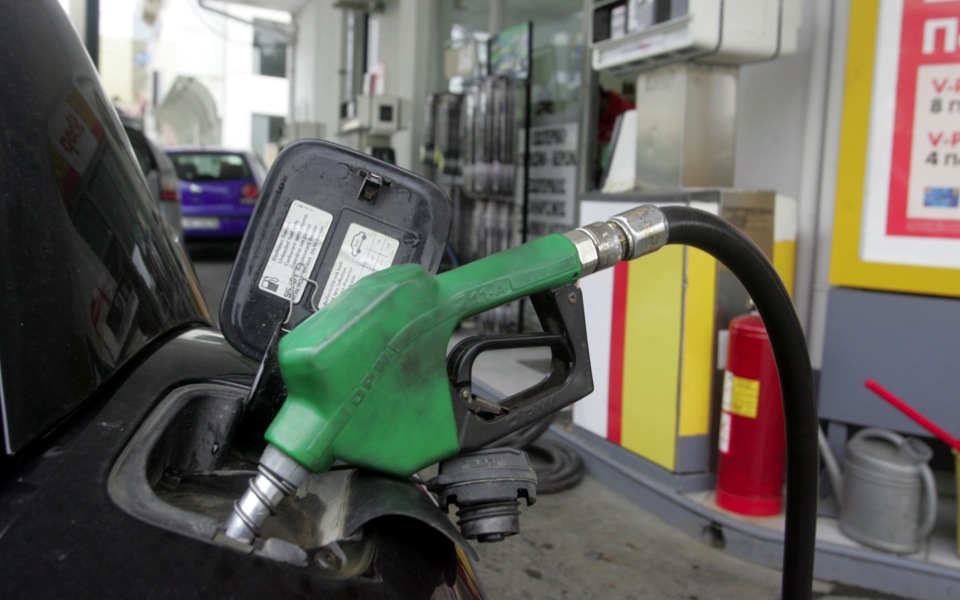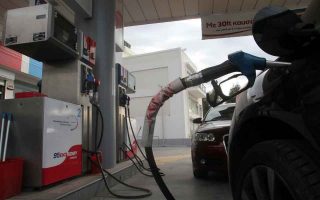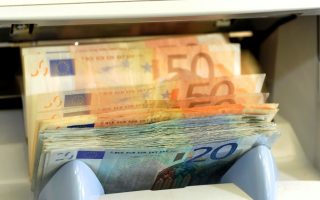Greece has one of the world’s six highest unleaded gasoline rates

Soaring fuel prices in Greece have put the country in the unenviable position of being among the six most expensive in the world for unleaded gasoline, and are set to have multiple consequences on the entire production chain. The latest tax assault on fuel consumption has also placed it among the 15 most expensive countries in the world when it comes to diesel.
In fact, since last week, Greek islanders have found themselves in an even worse position, as a liter of unleaded gasoline costs them up to 1.93 euros, a rate that you won’t even see at the pumps in the world’s most expensive country, Hong Kong.
The Finance Ministry expects this latest fuel tax increase to bring in an additional 670 million euros in 2017, compared to 2016. However, the drop in consumption has been constant since the start of the bailout process in 2010, with unleaded gasoline sales shedding more than 1 billion liters on an annual basis.
Public revenues will also be affected by the continuing swing toward diesel. The ministry is trying to make up for those losses by increasing the special consumption tax on diesel (10 cents per liter) by more than for unleaded gasoline (4 cents/lt).
However, every liter of diesel that is purchased instead of unleaded gas entails a loss of 34 cents for the public coffers, as the state makes about 1 euro from every liter of unleaded (some two-thirds of the retail price), but just 66 cents for each liter of diesel, or 53 percent of the retail price.
The 2016 financial year is closing without the state having met the fuel tax collection targets set by the ministry, even though there was a double tax impact in June: The value-added tax rate rose from 23 to 24 percent, and several islands saw their tax discount waived, taking their VAT rate from 19 to 24 percent.
Consequently 2016 will close with a reduction in fuel tax takings compared to 2015. Revenues from the special consumption tax will at best be 51 million euros lower (at 4.124 billion euros from 4.175 billion in 2015) and VAT on fuel will fetch 160 million euros less (1.594 billion against 1.754 billion euros in 2015). That will be the second year that the government’s targets for fuel tax revenues have not been met.





